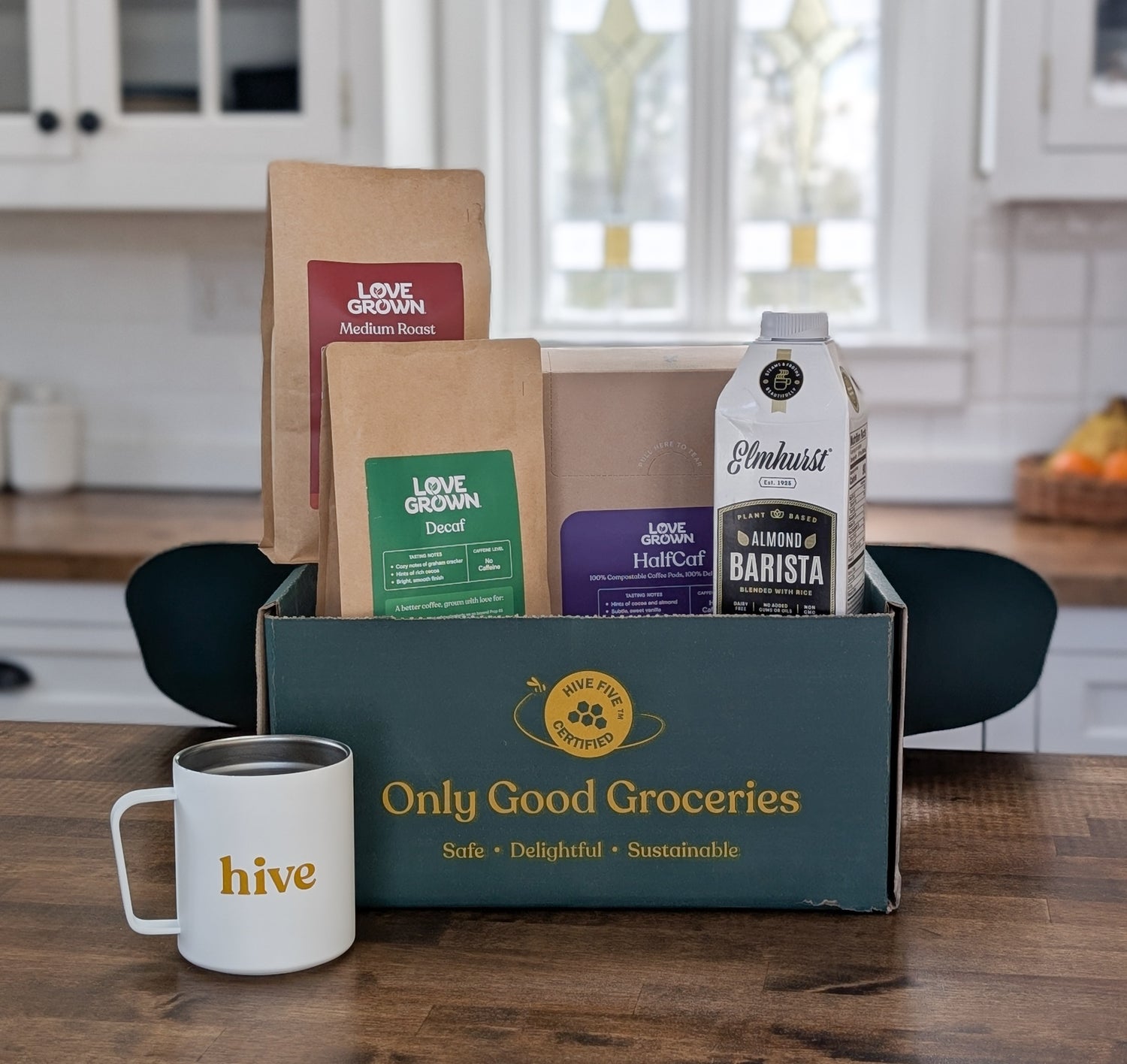What words first come to mind when you think of plant-based foods?
Phytonutrients is the first word that comes to mind when I think of plant-based foods. Years ago we interviewed a potential branding partner that was captivated by the term phytonutrients. I understand why - the nutritional benefits from plants are super inspiring, but the scientific approach wasn’t a direction that felt authentic to Soom. Ever since engaging in that deep conversation, I've been fascinated by the nutritional benefits of plant-based foods. I actually think about the term “phytonutrients” often, and not just as it relates to food. Did you know all of the positive effects plants have on our bodies just by being exposed to them?! I learned about the Japanese practice of “forest-bathing”, and now I try to walk through the woods near my house as often as possible to soak in all the health benefits!
What makes an item plant-based?
To me, an item is plant-based when it is made of ingredients derived from plants (including whole grains, legumes, nuts, and seeds, fruits, vegetables, and herbs and spices) and is free of animal products (i.e. dairy, egg, fish, meat, honey, or any animal derived ingredients).
Why are plant-based food items important?
Plant-based foods are important because they can directly contribute to improving our trajectory of climate change. Food is accountable for around a quarter of all greenhouse gas emissions, so anything we can do to decrease meat consumption is helpful. Livestock (animals raised for meat, dairy, eggs, and seafood) account for over a third of food emissions. The population is growing; the US alone grew 7.4% over the past ten years (which equals about 22 million individuals!). Innovation in food, especially with an emphasis on plant derived foods, is incredibly important when it comes to sustaining that type of population growth.
What should conscious consumers consider when purchasing plant-based food items?
Conscious consumers should consider how plant-based foods can enrich their lives with their nutritional value, they should make sure the brand values align with theirs, and they should consider supporting small businesses that help support local economies. One of the most important things to think about when shopping for plant-based foods is how their food choices make them feel. Be good to your body and fuel it with food that feels good. Read labels carefully - not only for food items, but also self-care products. If they have the time, it’s always a good idea to visit a company's website to learn more about their brand story, values, products, and how they’re making an impact.
How can conscious consumers change their habits with plant-based food items?
Consumers interested in changing their habits with plant based foods can take steps to change their habits by slowly incorporating more plant-based foods into their diets. To start, try taking one of your favorite dishes and giving it a plant-based overhaul! For example, a childhood favorite of mine is Fettuccine Alfredo. Instead of opting for the heavy dairy-laden dish, I lighten it up with a plant-based sauce made from tahini, miso, nutritional yeast, hemp seeds, and lemon juice. I pour that luscious sauce over “noodles” made from butternut squash. Following food bloggers or publications that specialize in plant-based recipes is a sure-fire way to get product suggestions, learn about new items, and envision the ways you can incorporate more plants into your own diet! Lastly, follow sustainable brands and marketplaces, as new products are hitting the virtual and physical shelves every single day. It’s incredible to see how many new, innovative products are making their way into the market.
For more plant-based inspiration, check out a few of our favorite summer recipes from Soom.

